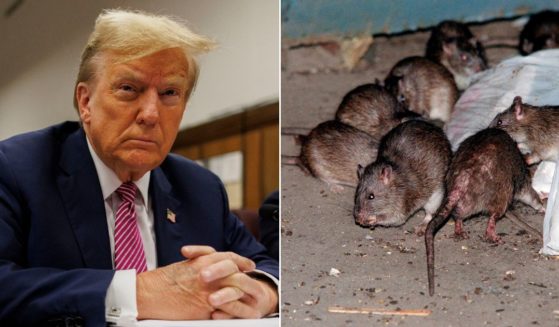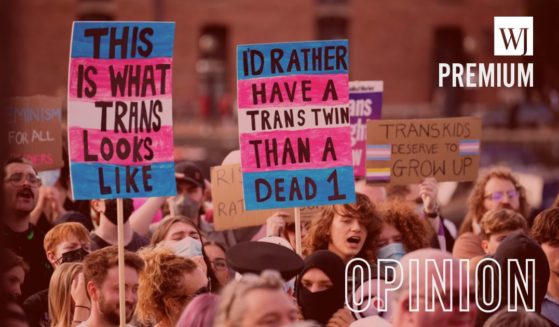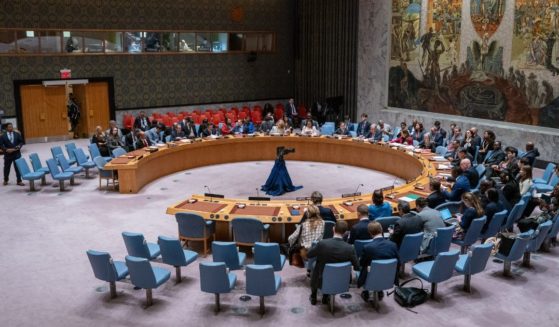Trump Breaks Down New 4-Part Program to Stop Mass Shootings
In a statement Thursday, one day after a listening session at the White House, President Donald Trump laid out his four-step plan for stopping mass shootings, calling for tighter restrictions on certain types of weapons as well as mental health and background check improvements.
“We’re going to do strong background checks. We’re going to work on getting the age up to 21 instead of 18,” Trump said.
“We’re getting rid of the bump stocks, and we’re going to be focusing very strongly on mental health.”
Video below:
https://twitter.com/Breaking911/status/966735004809269248
Mental health, of course, is a good prerogative, particularly given how many red flags have gone up about shooters’ emotional stability in the past.
During the listening session Wednesday, which included survivors of mass shootings — including Parkland — Trump had intimated that mental health would form a key component regarding his strategy to combat violence in schools.
“You know, years ago, we had mental hospitals — mental institutions. We had a lot of them, and a lot of them have closed. They’ve closed. Some people thought it was a stigma. Some people thought, frankly, it was a — the legislators thought it was too expensive,” Trump said.
“Today, if you catch somebody, they don’t know what to do with them. He hasn’t committed the crime, but he may (not be) very well. And there’s no mental institution, there’s no place to bring them. And we have that a lot.”
As for bump stocks, one wonders about the efficacy of a ban considering they generally aren’t used during these sorts of mass shootings, due to the fact that they’re both unreliable and inaccurate. While it may be a PR win for the president to ban them, it would have had no effect on the Parkland shooting, where one wasn’t used.
In terms of background checks, this ought to be a wait-and-see issue for conservatives.
At one level, an improved background check system — particularly one that stops those who have had tips forwarded to the FBI about them or multiple police reports involving violence as a juvenile, as the Parkland shooter did — could be extremely useful, if it’s properly maintained and not abused.
On the other hand, we’ve seen the mess that the no-fly list has become. Expanded background checks carry the same possibility of dysfunction, which means individuals’ Second Amendment rights are unfairly abrogated and we don’t actually end up filtering out any shooters.
Finally, on the issue of expanding the range of weapons one needs to be 21 to buy, as opposed to 18, I will merely say this: If you can send someone overseas to fight and die for this country with a firearm, they should be able to own it at home. Given the emphasis on mental health and expanded background checks, this initiative probably ought to be supererogatory.
So, overall, there’s a mixed bag for conservatives from President Trump as his proposals for responding to the Parkland shooting become more concrete.
However, there are tentative steps in the right direction — as well as a few steps backwards.
Please like and share on Facebook and Twitter if you agree.
Truth and Accuracy
We are committed to truth and accuracy in all of our journalism. Read our editorial standards.












